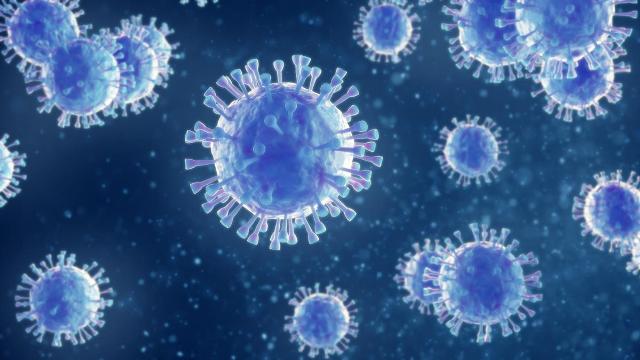 [photo: World Health Organisation]
[photo: World Health Organisation]
[This is an excerpt from an article published in January 2021 in The Round Table: The Commonwealth Journal of International Affairs.]
Why has the incidence of CoVs [coronaviruses] ‘jumping’ from wildlife into us increased so dramatically and so suddenly? Perhaps the prevalence of ‘cross-overs’ has not changed much, especially in countries where live animal markets are culturally important in the human food chain. What’s new is the massive expansion of international tourism that greatly enhances the potential for ongoing, global spread. The COVID-19 experience in Australia and New Zealand, which have the advantage of being island nations, establishes that (contrary to the long-held conviction for influenza) we can stop these viruses by stopping the planes. That’s one international agreement that we do need: when a new respiratory pathogen like SARS-CoV-2 emerges anywhere on the planet, the first thing to do is to stop (at least) passenger planes flying from (and to) that region, while at the same time sounding a loud and clear global alert.
The second big lesson we’ve already learned is that, no matter how extraordinary the technology, it takes about a year to roll-out the first doses of a vaccine against a novel pathogen. The publication of the SARS-CoV-2 gene sequence in January meant that the vaccine developers were able to start-in immediately on the job. As we’ve seen, this has led to innovative nucleic acid, protein and virus-vectored COVID-19 vaccines. Some of those produced under the US ‘warp speed’ initiative are now (December 18) approved for emergency use, and other vaccines from Russia and China are already being given to large numbers of people. The basic characteristic of the ‘warp speed’ vaccines is that they all use technologies that, where the physical plant is in place, allow the rapid production of enormous numbers of doses.
COVID-19 is a global problem that has to be solved globally. The challenge for networks of nations linked by the UN, or the Commonwealth, is to get effective vaccines rolled out across the planet. Apart from the WHO, NGOs like GAVI (Global Alliance for Vaccines and Immunisations) and CEPI (Center for Epidemic Preparedness Initiative) are dedicated to that goal of equitable vaccine distribution. Research groups that were funded via the CEPI initiative to develop new vaccine ‘platform technologies’ made that formal commitment from the outset. Clearly, when it comes to the poorer Nations, financial help will be needed from both major philanthropy and the governments of the rich countries.
Peter C. Doherty is with the Microbiology and Immunology the Doherty Institute, at the University of Melbourne, Australia.



